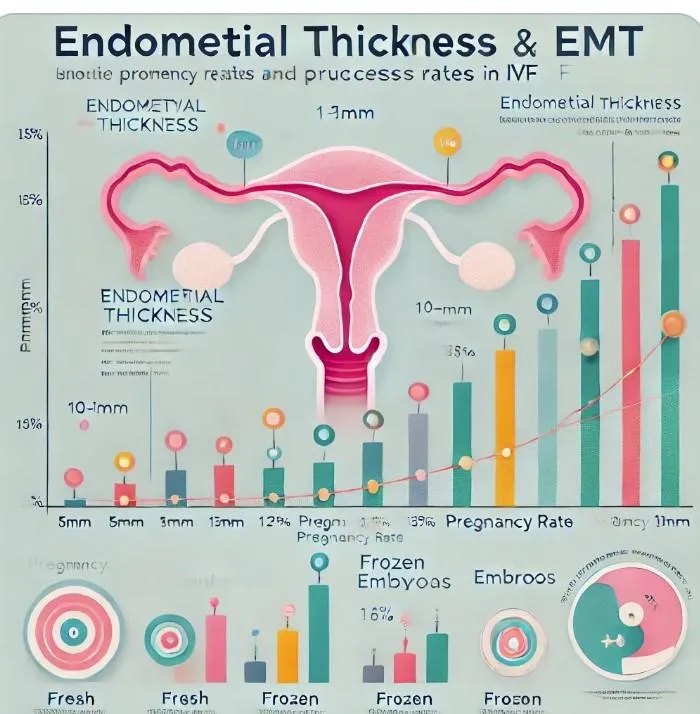
Ultrasound Monitorig
for Your IVF Cycle
For IVF monitoring cycles that are out-of-state of your location
To schedule an appointment
Please Call True Health Acupuncture at 702-475-0870
You can also book online on the True Health Acupuncture website.
1535 W Warm Springs, Ste 135
Henderson, Nevada 89014
Testimonials

Michelle A.
My name is Michelle Aukerman. And I just have to say that Joyce at True Health Acupuncture is probably the best ultrasound technician I have ever had in my life and I’ve been through several. She’s very personal and talks through everything and if something goes wrong, she says OK how do we make this right? What’s the next step we need to take? You don’t hear that from any other ultrasound tech, they're so jaded. The comfort environment at True Health Acupuncture is unmatchable. It does not feel like a doctor's office and everybody is so warm but when it comes to Joyce, she is completely unmatched. It’s like having your own mother right there with you. I highly highly recommend her.
Thank you, the Aukerman’s
This is the second pregnancy that I came to Joyce for my outside monitoring. I have been very nervous about the whole process, but Joyce guided me through each and every ultrasound. Although the monitoring went smoothly, upon achieving pregnancy I developed some bleeding. Of course, I panicked. Joyce explained everything that was going on with my bleeding and helped me through this anxious time. I don’t know what I would have done without Joyce’s calm demeanor. And the added bonus is having acupuncture treatment right there at True Health Acupuncture, the office Joyce works out of. I will always be truly thankful for the amazing experience that I received from both Joyce and True Health to be a part of my fertility journey.

Sara P.
Joyce is an exceptional individual who made a significant impact during my IVF journey. I had the privilege of meeting her when I needed support, and she was able to perform ultrasounds when our IVF Dr was unable to accommodate us. Her ability to confirm our twin pregnancy was incredibly reassuring. Joyce took the time to explain everything she was observing, which not only made the experience more memorable but also helped alleviate my anxiety. Her compassionate approach truly made a difference in my experience.

Nicole B

📊 Endometrial Thickness and Pregnancy Success in IVF: Insights from the Schmiech et al. 2025 Study
📊 Endometrial Thickness and Pregnancy Success in IVF: Insights from the Schmiech et al. 2025 Study
A 2025 study by Schmiech et al. has provided new insights into how endometrial thickness (EMT) at the time of embryo transfer correlates with pregnancy success rates. The research analyzed over 10,000 IVF cycles and stratified results by embryo type: fresh, frozen-thawed, and PGT-tested embryos.
🔍 Key Findings:
Optimal pregnancy rates were observed when endometrial thickness measured between 8mm and 12mm.
EMT <7mm was associated with a significantly reduced pregnancy rate (~18%).
EMT 8–12mm showed the highest pregnancy rates (about 42–48%).
EMT >14mm showed a slight drop in success (~35%), suggesting overly thick endometrium may also impact implantation.
📈 Pregnancy Rate by Endometrial Thickness:
EMT (mm)Pregnancy Rate (%)<7mm18%7–7.9mm28%8–9.9mm45%10–11.9mm48%12–13.9mm43%>14mm35%
🧬 Embryo Type Breakdown:
Fresh Embryos: Slightly lower success rates at lower EMT; optimal at 10–12mm.
Frozen-Thawed Embryos: Higher tolerance for EMT variation; highest success in 9–11mm range.
PGT-A Tested Embryos: Consistently higher success across all EMT ranges, with peak success (~52%) in 9–11mm thickness.
📎 Conclusion: The Schmiech et al. study underscores the importance of monitoring endometrial thickness to improve IVF outcomes. Personalized embryo transfer timing based on EMT and embryo type (fresh vs frozen vs PGT-A) may enhance pregnancy rates in assisted reproduction.
EMT stands for Endometrial Thickness — it's the measurement of the lining of the uterus (endometrium) typically assessed by ultrasound right before an embryo transfer during an IVF cycle.
🔍 Why is EMT important?
Because a healthy, receptive endometrium is critical for successful implantation of an embryo. If the lining is too thin or sometimes even too thick, it can reduce the chances of the embryo implanting and developing into a pregnancy.
📏 How is it measured?
Usually via a transvaginal ultrasound, and the thickness is recorded in millimeters (mm) — measured across the two layers of the endometrium (called the "double layer" method).
📈 Typical EMT ranges:
<7 mm: Considered thin; associated with lower pregnancy rates.
8–12 mm: Considered optimal and most commonly associated with higher implantation and pregnancy success.
>14 mm: May indicate an overly thick endometrium, which can also affect implantation in some cases.
Starting your cycle
Starting an IVF cycle is stressful enough, doing it with an out-of-state provider just increases that stress. That is why we have developed an out-of state monitoring program to help women that need ultrasound monitoring without having to travel to their provider. We follow your physicians instructions and with be able to accommodate your schedule. Most all cycles, whether retrievals or transfers, will need 2-3 ultrasounds during that cycle. All reports can be faxed or emailed to your physician within 2-3 hours after the exam is finished.
